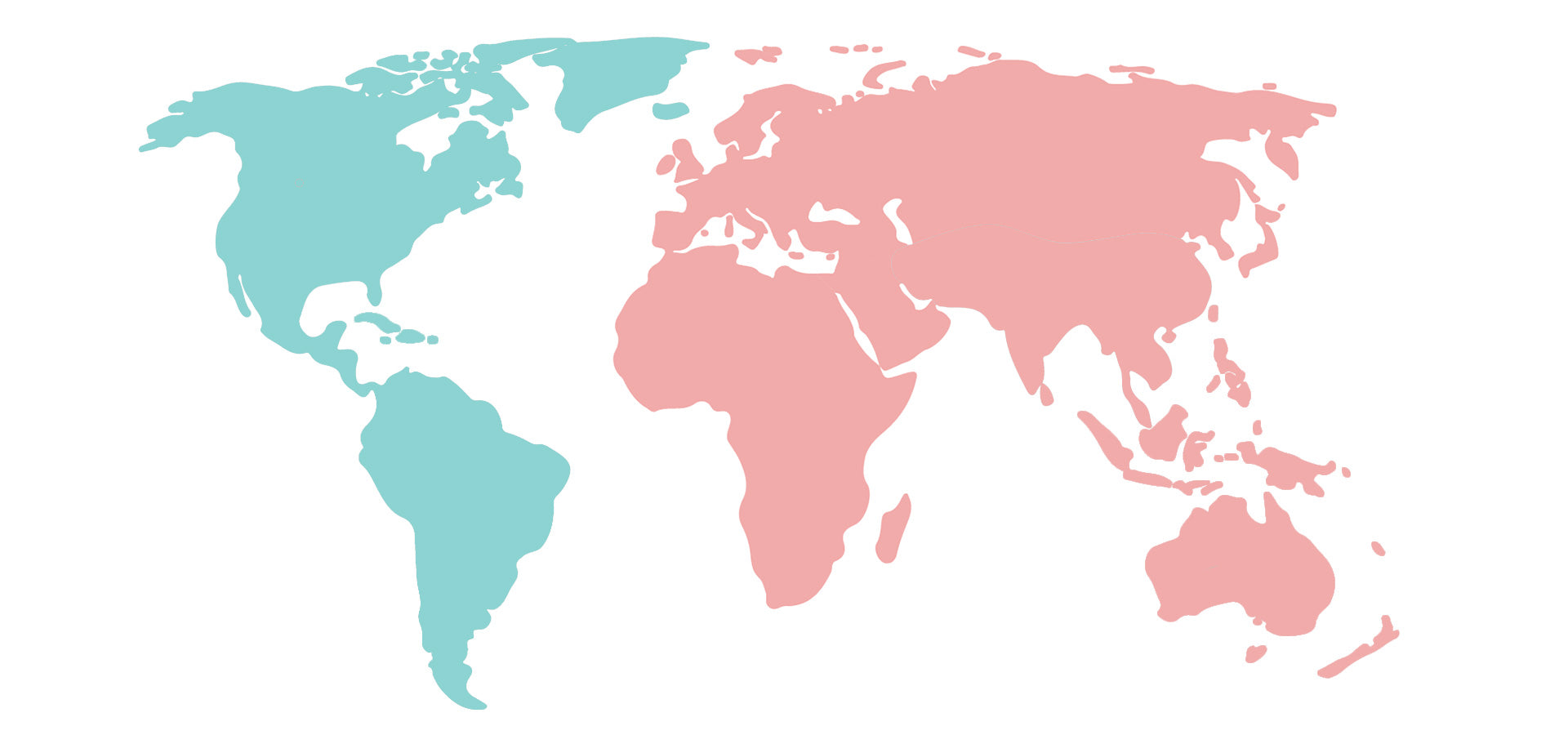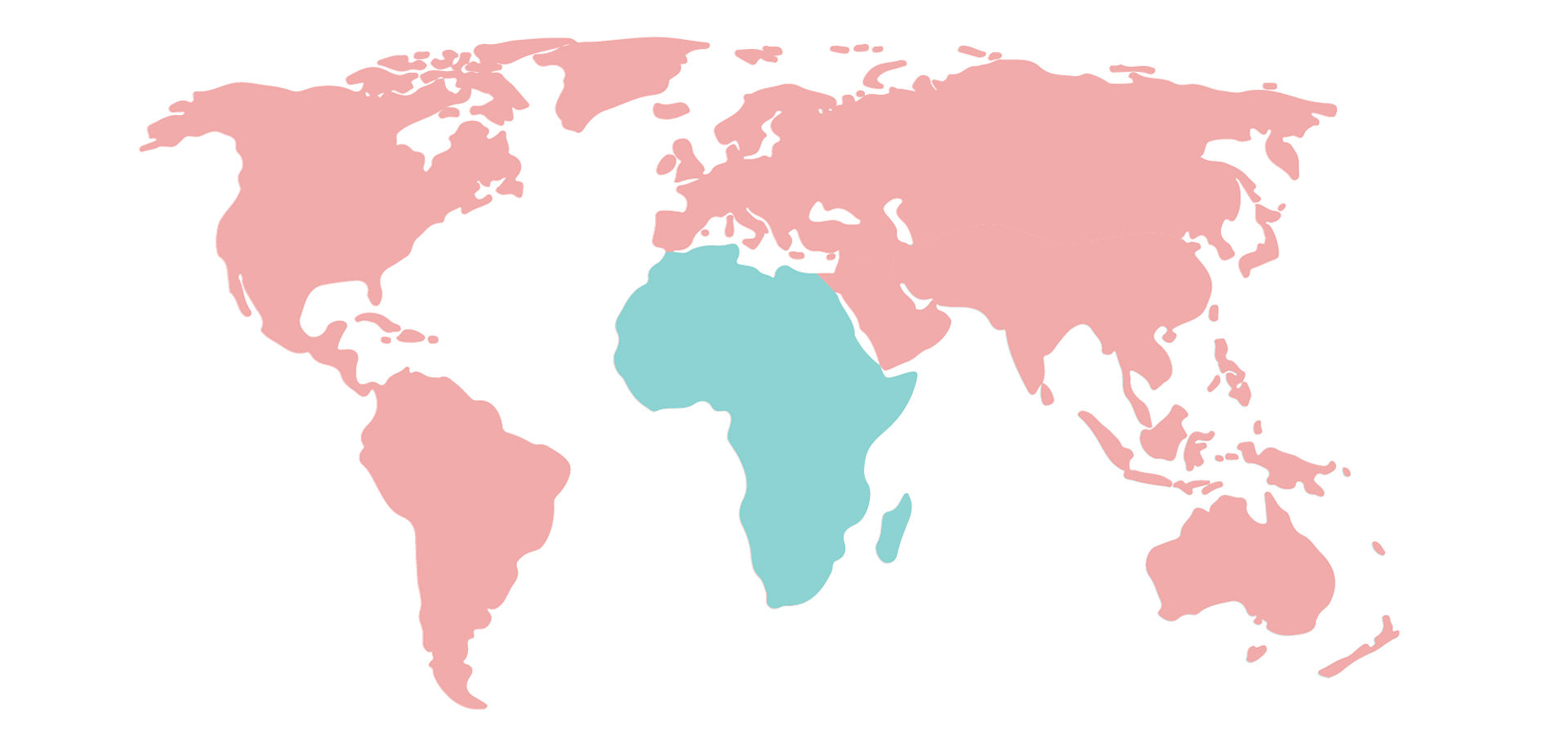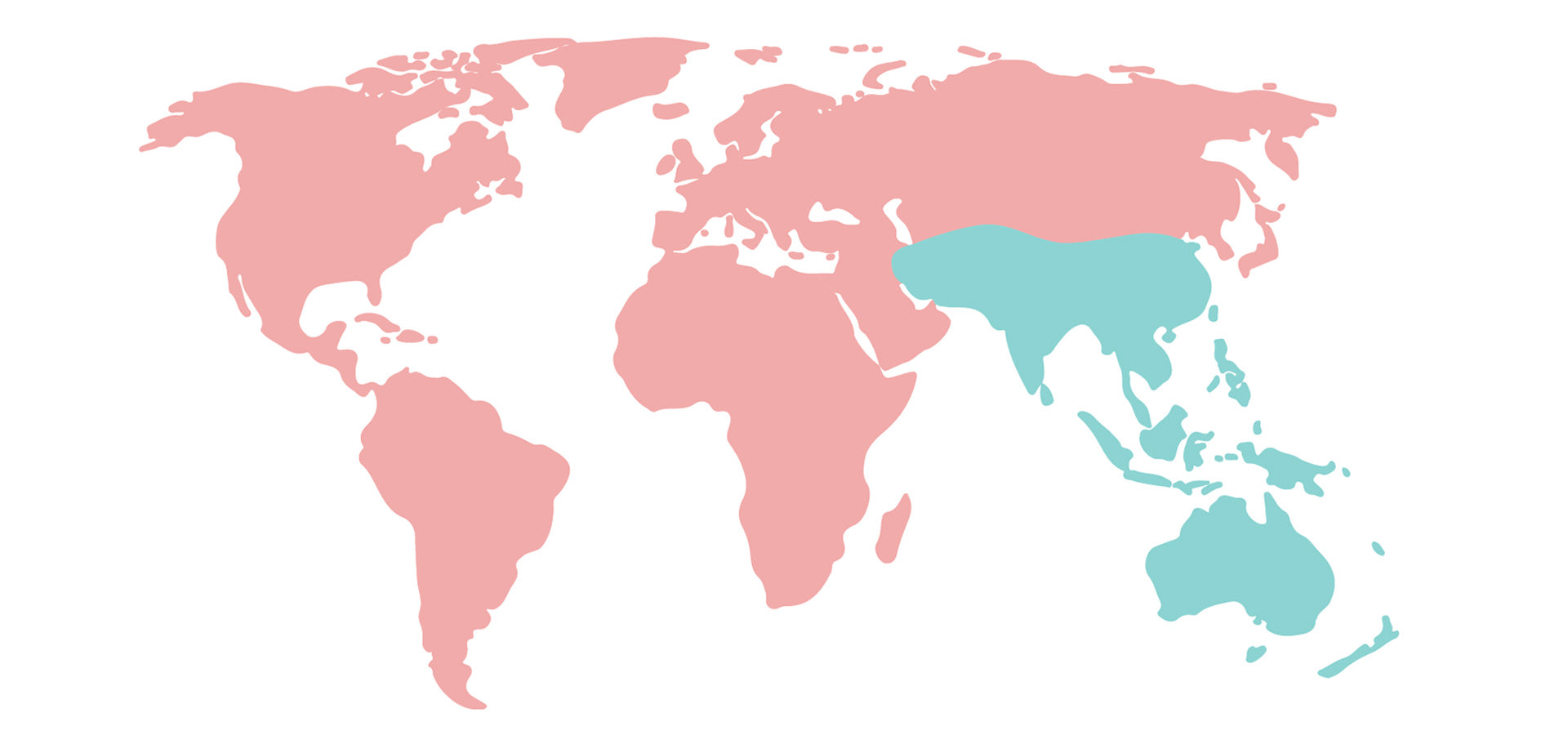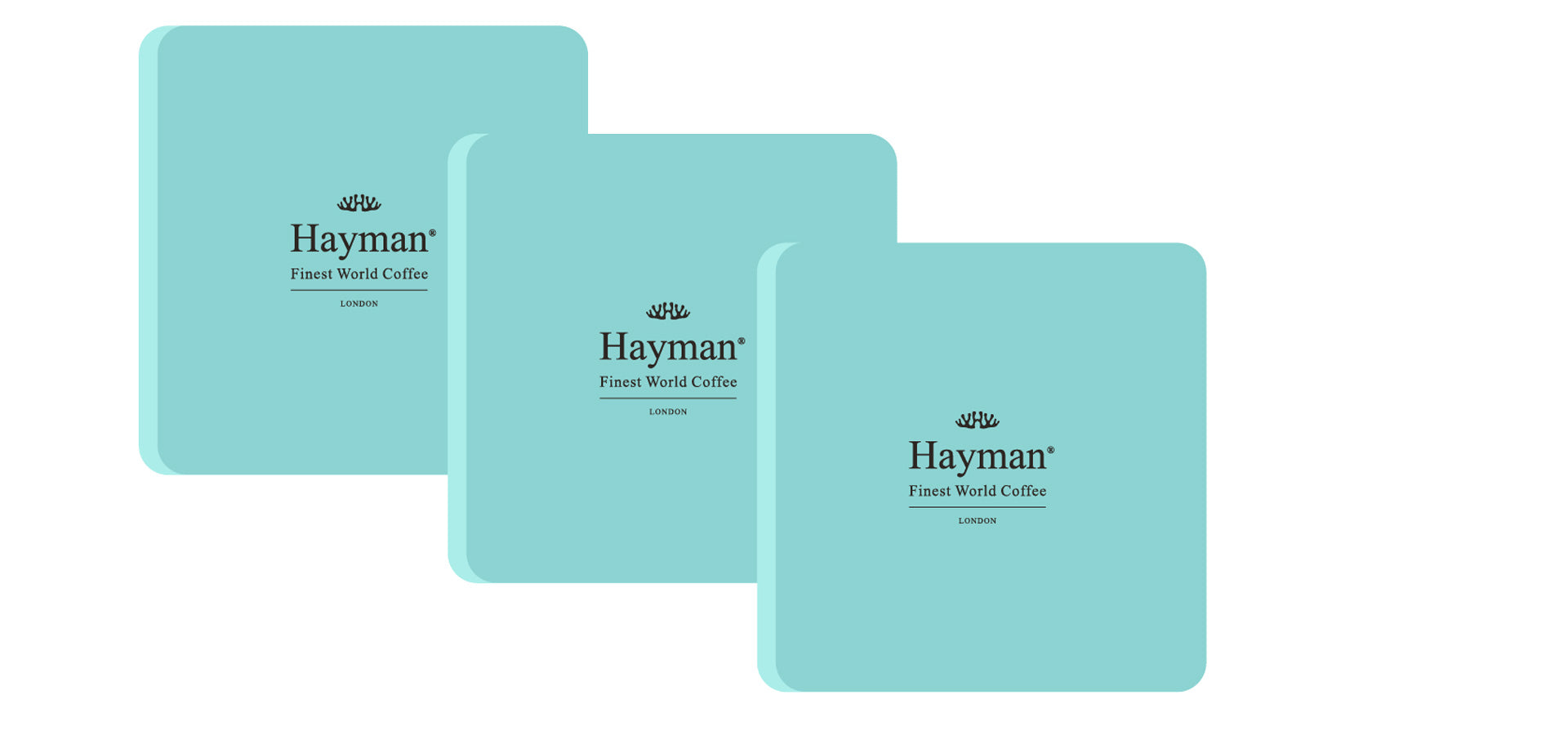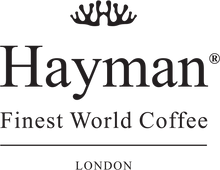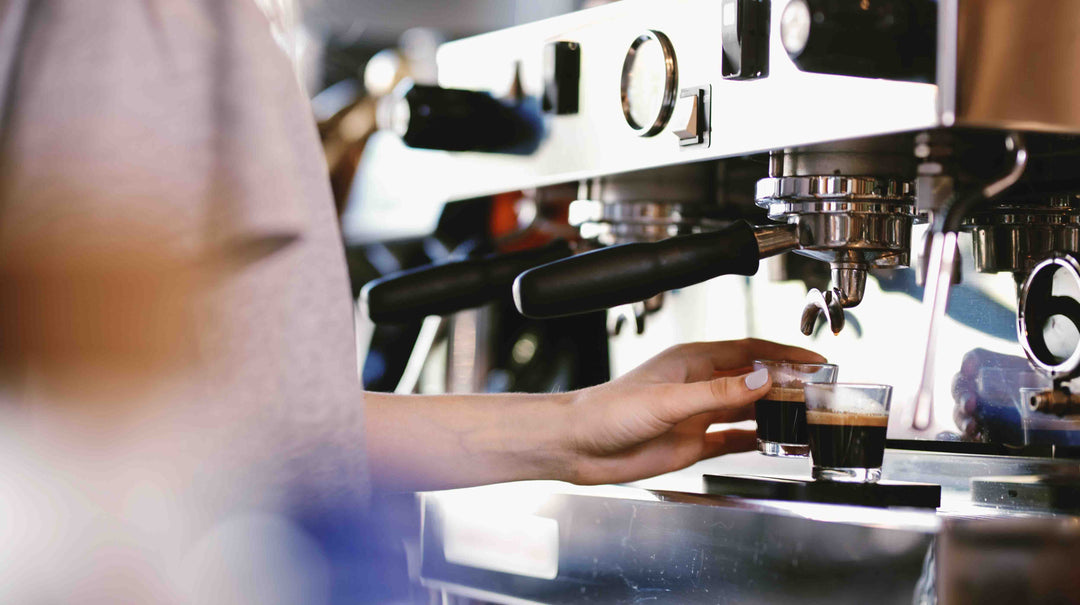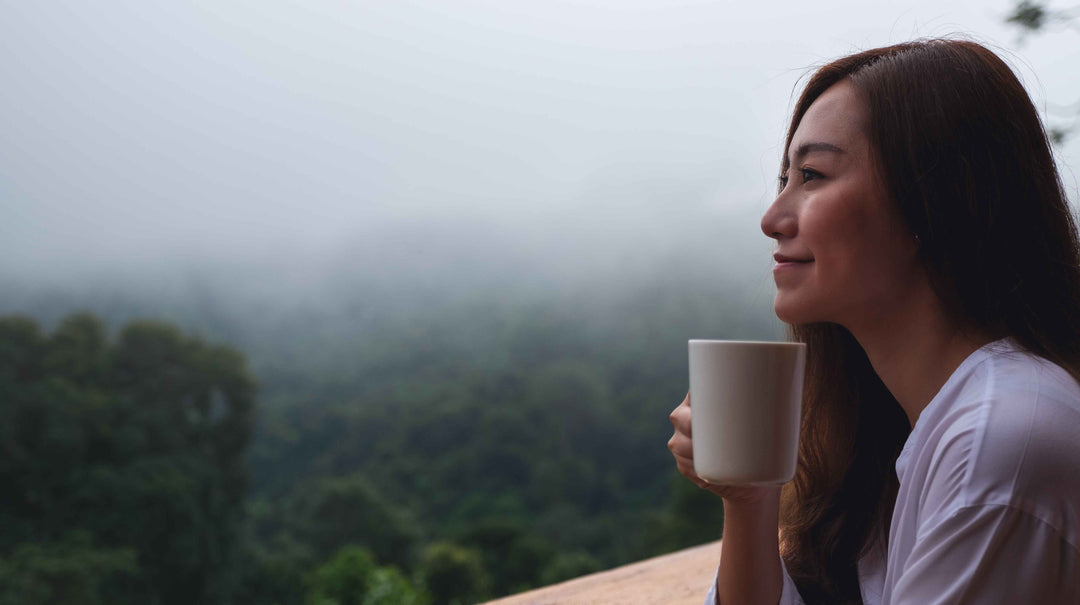The Jamaican Coffee History Behind Jamaican Blue Mountain Coffee

It’s probably fair to say that Jamaican Blue Mountain Coffee is the most revered and exclusive Jamaican coffee to come out of this tiny island to date. Nevertheless, Jamaican Blue Mountain Coffee is far from the only gourmet coffee the country produces. In fact, Jamaican coffee is famed worldwide for putting out some of the most outstanding specialty coffee money can buy.
Given the fact that Jamaica has been producing top arabica coffee for such a long time, this doesn’t come as the biggest surprise!
Coffee production in Jamaica began all the way back in 1728. Much earlier than Jamaican Blue Mountain Coffee specifically, which has been cultivated in Jamaica since 1824. Back in the day, the then governor of Jamaica, Sir Nicholas Lawes, is known to have imported eight seedlings from neighbouring Martinique, which were then to be planted on his own property at Temple Hall in St Andrew.
This is the first recorded instance of coffee being cultivated in Jamaica.
Over the next 10 years, the Jamaican coffee industry expanded enormously, as seedling imports became more common and farmers set up their own plantations. In addition, the Haitian revolution resulted in an influx of refugees, who brought a wealth of coffee production and processing experience into the country.
But while it seemed as if the Jamaican coffee industry was destined for immediate success, this wasn’t to be the case. Unsustainable agricultural practices and poor soil conditions made it difficult for the expansion to continue. To such an extent that things never really began hitting their stride, with the Jamaican coffee industry remaining confined to a few small farmers – many of which weren’t able to make enough money to live off.
The entire industry continued along with downward trajectory, right up until the mid-1940s. At which time, Jamaican coffee was considered to be of such poor quality that the Canadian government refused to purchase or import it. Having determined that significant changes needed to be made, the Coffee Industry Board of Jamaica was established, in order to provide farmers and processors with official regulatory guidelines on how to produce superior-quality speciality coffee.
Suffice to say, the difference this made to the Jamaican coffee industry was no less than remarkable.
While it took a fair few decades for any sweeping changes to occur, the efforts of the Coffee Industry Board had a radical impact on Jamaica’s production capabilities and reputation alike. Slowly but surely, meticulous care and attention resulted in the production of the kind of gourmet coffee (also called specialty coffee or third wave coffee) that confidently out-shadowed even the most revered and popular products worldwide. What’s more, as the official regulatory guidelines issued by the board were extremely specific and strict, it became fundamentally impossible to mass produce coffee across enormous regions and generate huge annual outputs.
Jamaican Blue Mountain Coffee, considered by many as the best coffee beans in the world, serving as a prime example of exactly what happens when growing restrictions are so specific and strict.
Today, Jamaican coffee owes its quality, reputation and value to the very regulations that were introduced several decades ago to promote the production of top arabica coffee. Despite having got off to one of the most difficult and questionable starts imaginable, the Jamaican coffee industry represents one of the most extraordinary success stories in recent history when it comes to speciality coffee.
Hayman's online coffee store brings you 100% Jamaican Blue Mountain coffee, fully certified by the Coffee Industry Board of Jamaica. These are considered one of the best coffee beans in the world and a great example of the third wave coffee movement, which places quality above all else. To order your Jamaican Blue Mountain coffee from Hayman, click here, we offer free worldwide shipping!
